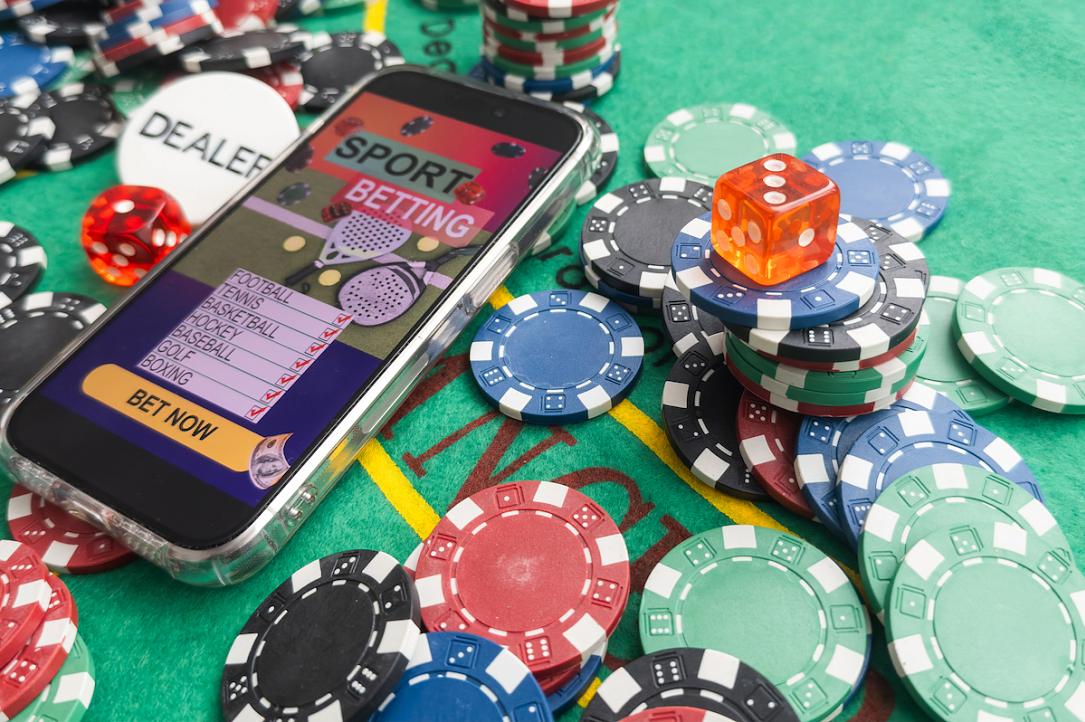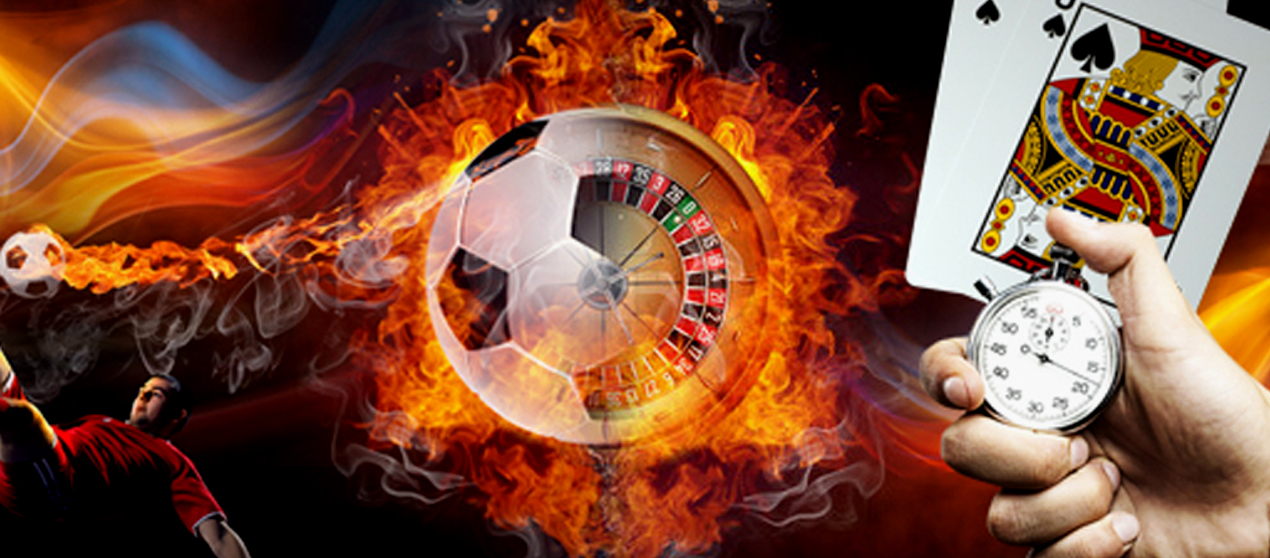Best ways to use poker 6

Best ways to use poker
Poker is not just a mere card game; it is an excellent tool that can be harnessed in multiple aspects of life. Whether you’re an avid player or just a casual participant, there are numerous ways you can leverage the skills and strategies learned from poker to improve everyday situations. One interesting aspect of these skills is their application in various fields, including social interactions, mental development, and financial management. For a deeper dive into these strategies, you can visit Best ways to use poker Vivi.
1. Enhancing Decision-Making Skills
One of the most critical skills developed through playing poker is the ability to make quick and effective decisions. In poker, players must assess their hand, evaluate the potential moves of their opponents, and weigh the risks and rewards of their bets, all within a limited timeframe. This practice can translate into everyday life, where making swift but informed decisions is often necessary. Whether in business, personal finance, or day-to-day activities, the decision-making process honed at the poker table can lead to better outcomes.
2. Understanding Probability and Risk Management
At its core, poker is a game of mathematics, where understanding odds and probabilities is essential. Players must calculate the likelihood of receiving certain cards, evaluate pot odds, and decide when to fold or raise based on statistical analysis. This knowledge extends beyond the poker table and can enhance your ability to manage risks in various areas of life, including investments, career choices, and even personal relationships. By comprehending the concept of risk versus reward, you can make more calculated and informed life choices.

3. Improving Emotional Stability and Control
Playing poker often tests players’ patience and emotional resilience. The ability to maintain composure under pressure is a valuable trait that can be applied in many situations, from high-stress work environments to personal challenges. By practicing emotional regulation at the poker table, you can learn to remain calm and collected in various life scenarios, ultimately enhancing your overall well-being and ability to handle stress.
4. Social Interaction and Networking
Poker is as much a social game as it is a competitive one. It provides a unique environment for interaction, allowing players to connect, communicate, and build relationships. Engaging with others at the poker table can enhance your networking skills and improve your ability to read social cues and body language. This social aspect of poker can be valuable in both professional settings and personal relationships, where effective communication and rapport-building are key to success.
5. Strategic Thinking and Planning
Success in poker relies heavily on strategic thinking. Players must develop strategies not only for their own gameplay but also anticipate and counter the strategies of their opponents. This kind of strategic planning is beneficial in various aspects of life, especially in career planning and problem-solving. By employing a strategic mindset, you can navigate complex situations more effectively and develop plans that lead to your desired outcomes.
6. Building Patience and Discipline

In poker, patience is often rewarded. Players who rush their decisions without proper evaluation tend to underestimate the game, while those who practice patience and discipline often see the fruits of their labor. This principle is applicable in life, where taking time to think things through instead of hastily making decisions can lead to greater success. Cultivating patience and discipline through poker can help improve focus and persistence in pursuit of long-term goals.
7. Financial Literacy and Money Management
Poker requires an understanding of money management, as players must effectively control their bankroll. Learning how to allocate funds, assess losses, and recognize the importance of betting strategy can directly improve your financial literacy. The skills acquired from poker can help individuals make better financial decisions, whether managing personal finances or investing in business opportunities. Understanding the importance of saving and strategic spending can lead to a healthier financial future.
8. Entertainment and Recreation
Lastly, poker serves as a fantastic source of entertainment. Whether played with friends in a casual setting or competitively at a tournament, poker offers excitement and enjoyment. This recreational aspect of poker can serve as a great way to unwind and relieve stress after a long day. Engaging in hobbies that you enjoy contributes positively to your mental health, allowing a necessary break from the demands of daily life.
Conclusion
Incorporating the best ways to use poker into your life can lead to significant personal development. From enhancing decision-making skills to improving emotional control and financial literacy, the benefits of poker extend far beyond the game itself. Whether you view poker through a competitive lens or as a leisurely pastime, the skills you develop can positively influence various areas of your life. Embrace the lessons learned at the poker table, and you may find yourself better equipped to tackle the challenges and opportunities that come your way.
